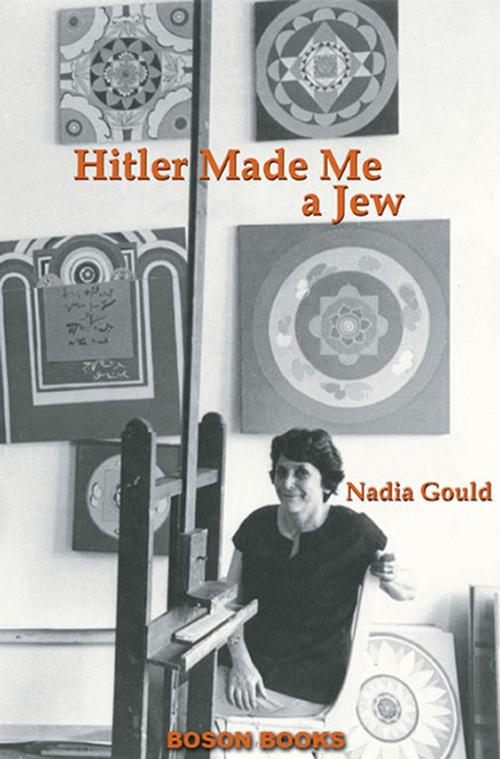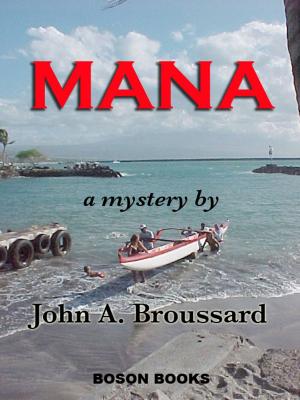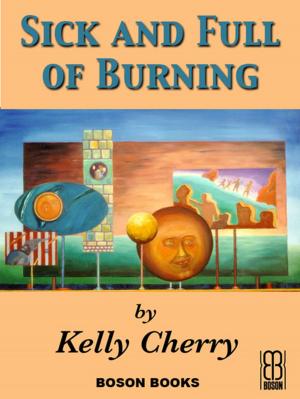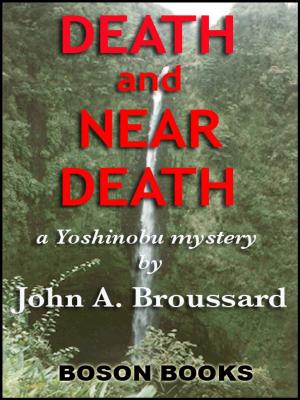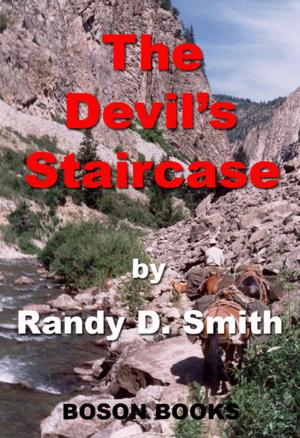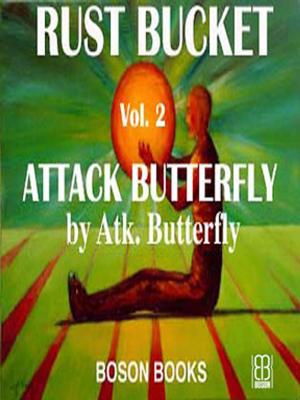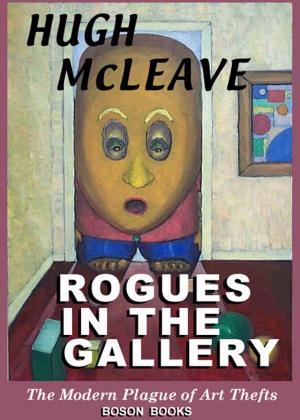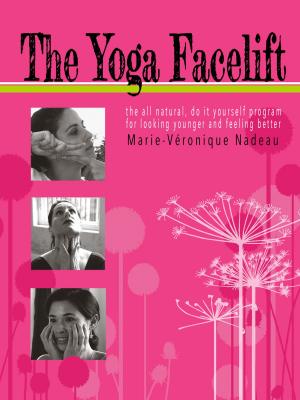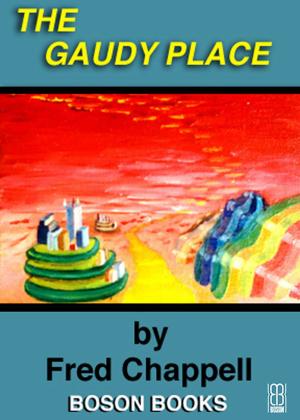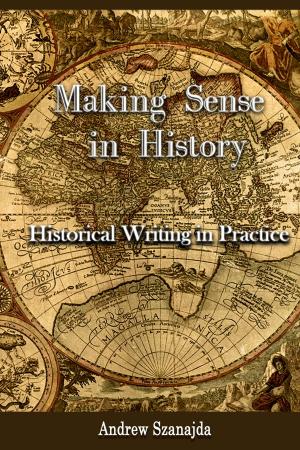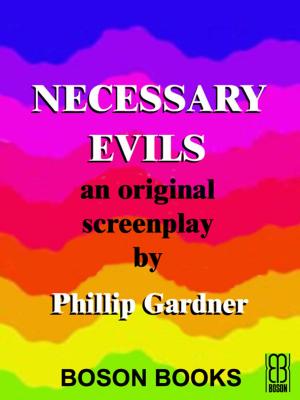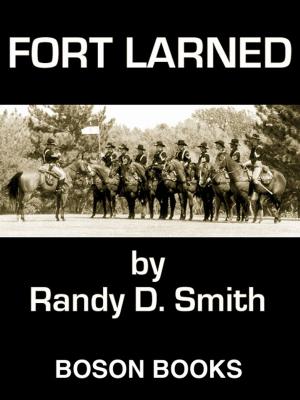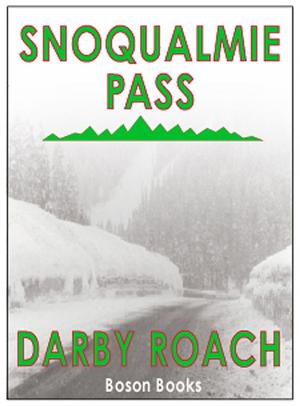| Author: | Nadia Gould | ISBN: | 9780917990199 |
| Publisher: | Bitingduck Press | Publication: | January 1, 2000 |
| Imprint: | Boson Books | Language: | English |
| Author: | Nadia Gould |
| ISBN: | 9780917990199 |
| Publisher: | Bitingduck Press |
| Publication: | January 1, 2000 |
| Imprint: | Boson Books |
| Language: | English |
"In the evening they took us to the railroad station. They told us not to speak to anyone or even to one another. We were mute and deaf. There was a notice with our passports that explained we could not speak. This was the most excruciating train ride. We had to keep from talking and giving ourselves away. Every time someone opened the door of our train compartment I died of fright. This feeling has remained with me, and anything that has to do with telling an untruth to an official causes me anxiety, as if my life depends on the lie. I still fear I will be found out, uncovered and shot on the spot."
I wrote this book at a time when there was much controversy over whether the Holocaust had really happened. I was so upset by articles denying that the Holocaust had happened that I decided to put down my experiences—even if my experiences were light in comparison to the horrors that went on in the concentration camps. Not one day goes by that I don't think about the Holocaust in Germany, Poland, and other countries, and about the silent people who let it happen. I feel grateful to the scholars who are gathering the data of what happened during those years and particularly in 1940 because it was the year that Hitler made me a "Jew."
Nadia Gould's narrative is like her paintings. Both are strong, witty, rich in detail, and thoroughly engaging. Nadia Gould writes of her early years in Europe, of leaving her mother and father, fleeing the Holocaust, and growing up in New York City. BOSON BOOKS also offers this book in print. For an author bio and photo, reviews, and a reading sample, visit bosonbooks.com.
I wrote this book at a time when there was much controversy over whether the Holocaust had really happened. I was so upset by articles denying that the Holocaust had happened that I decided to put down my experiences—even if my experiences were light in comparison to the horrors that went on in the concentration camps. Not one day goes by that I don't think about the Holocaust in Germany, Poland, and other countries, and about the silent people who let it happen. I feel grateful to the scholars who are gathering the data of what happened during those years and particularly in 1940 because it was the year that Hitler made me a "Jew."
Nadia Gould's narrative is like her paintings. Both are strong, witty, rich in detail, and thoroughly engaging. Nadia Gould writes of her early years in Europe, of leaving her mother and father, fleeing the Holocaust, and growing up in New York City. BOSON BOOKS also offers this book in print. For an author bio and photo, reviews, and a reading sample, visit bosonbooks.com.
"In the evening they took us to the railroad station. They told us not to speak to anyone or even to one another. We were mute and deaf. There was a notice with our passports that explained we could not speak. This was the most excruciating train ride. We had to keep from talking and giving ourselves away. Every time someone opened the door of our train compartment I died of fright. This feeling has remained with me, and anything that has to do with telling an untruth to an official causes me anxiety, as if my life depends on the lie. I still fear I will be found out, uncovered and shot on the spot."
I wrote this book at a time when there was much controversy over whether the Holocaust had really happened. I was so upset by articles denying that the Holocaust had happened that I decided to put down my experiences—even if my experiences were light in comparison to the horrors that went on in the concentration camps. Not one day goes by that I don't think about the Holocaust in Germany, Poland, and other countries, and about the silent people who let it happen. I feel grateful to the scholars who are gathering the data of what happened during those years and particularly in 1940 because it was the year that Hitler made me a "Jew."
Nadia Gould's narrative is like her paintings. Both are strong, witty, rich in detail, and thoroughly engaging. Nadia Gould writes of her early years in Europe, of leaving her mother and father, fleeing the Holocaust, and growing up in New York City. BOSON BOOKS also offers this book in print. For an author bio and photo, reviews, and a reading sample, visit bosonbooks.com.
I wrote this book at a time when there was much controversy over whether the Holocaust had really happened. I was so upset by articles denying that the Holocaust had happened that I decided to put down my experiences—even if my experiences were light in comparison to the horrors that went on in the concentration camps. Not one day goes by that I don't think about the Holocaust in Germany, Poland, and other countries, and about the silent people who let it happen. I feel grateful to the scholars who are gathering the data of what happened during those years and particularly in 1940 because it was the year that Hitler made me a "Jew."
Nadia Gould's narrative is like her paintings. Both are strong, witty, rich in detail, and thoroughly engaging. Nadia Gould writes of her early years in Europe, of leaving her mother and father, fleeing the Holocaust, and growing up in New York City. BOSON BOOKS also offers this book in print. For an author bio and photo, reviews, and a reading sample, visit bosonbooks.com.
